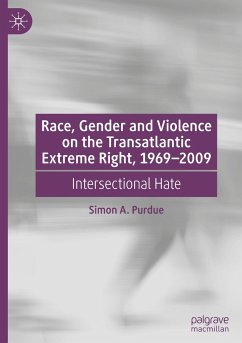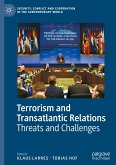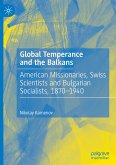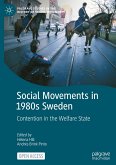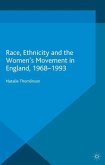This book explores the central role that gender has historically played in violent far-right movements and groups, in a time of increasing political polarisation and rising extremism. The author examines the way neo-Nazis and white supremacists have constructed gender, and how this has impacted on the practical role of men and women on the global extreme right between 1969 and 2009, giving valuable insight into the inner workings of the extremist fringe today. In the context of rising violent ultra-nationalism in the UK, Eastern Europe, the USA, India and Russia, this transnational history of racist extremist movements offers a very necessary glimpse into the intimate, personal politics of organised hate, and into the ideological and organisational roots of our current moment.
In order to fully understand the extreme right, it is essential to develop an awareness of the deep social foundations that underlie it. By exposing the gendered basis of racist extremism in theUSA and UK, this book makes a necessary intervention in the field of far-right studies, shedding new light on the shadowy corners of the political spectrum and ultimately opening new avenues for countering hate on the personal, political and academic level. The book seeks to explain the intricate relationship between organised racist extremism and ideological misogyny, and explores the fundamental contradictions and inconsistencies that underlie women's far-right activism. Offering historical context to the current social and political moment in which white supremacist and far-right terror presents an immediate threat to security and stability in both the USA and the UK, this book provides useful insights for those researching the history of fascism and the far-right, violent social movements and political activism, as well as women's history and gender studies.
In order to fully understand the extreme right, it is essential to develop an awareness of the deep social foundations that underlie it. By exposing the gendered basis of racist extremism in theUSA and UK, this book makes a necessary intervention in the field of far-right studies, shedding new light on the shadowy corners of the political spectrum and ultimately opening new avenues for countering hate on the personal, political and academic level. The book seeks to explain the intricate relationship between organised racist extremism and ideological misogyny, and explores the fundamental contradictions and inconsistencies that underlie women's far-right activism. Offering historical context to the current social and political moment in which white supremacist and far-right terror presents an immediate threat to security and stability in both the USA and the UK, this book provides useful insights for those researching the history of fascism and the far-right, violent social movements and political activism, as well as women's history and gender studies.

